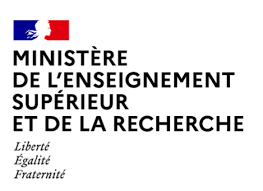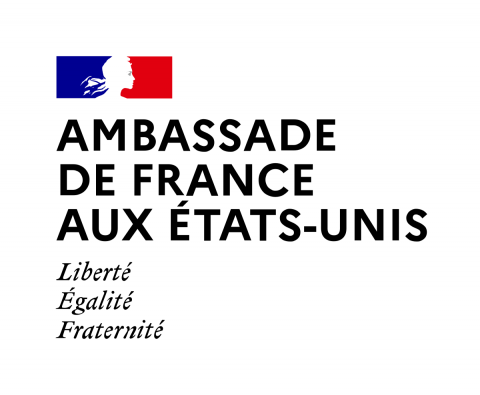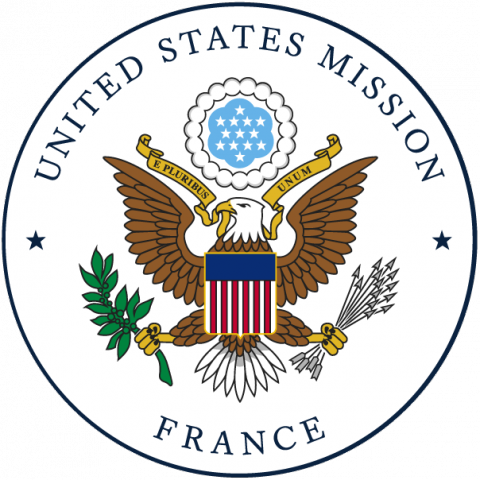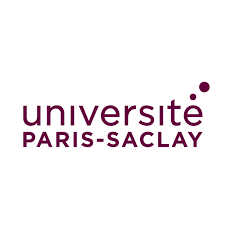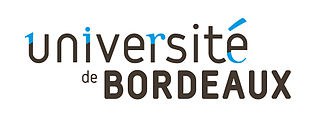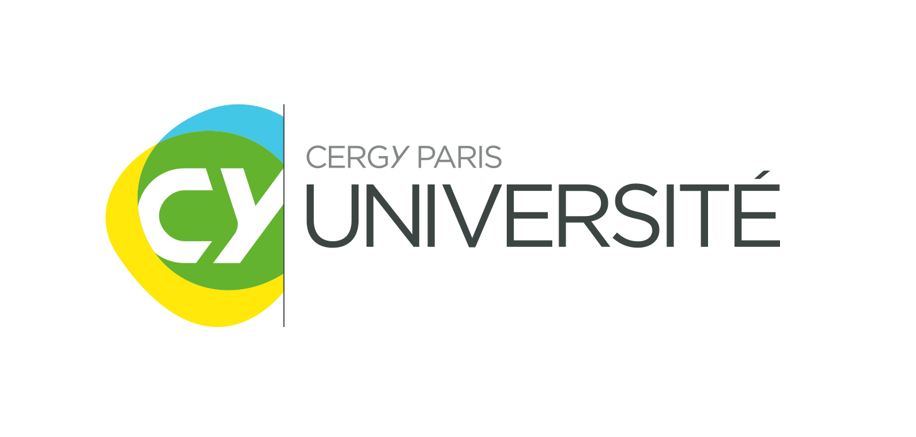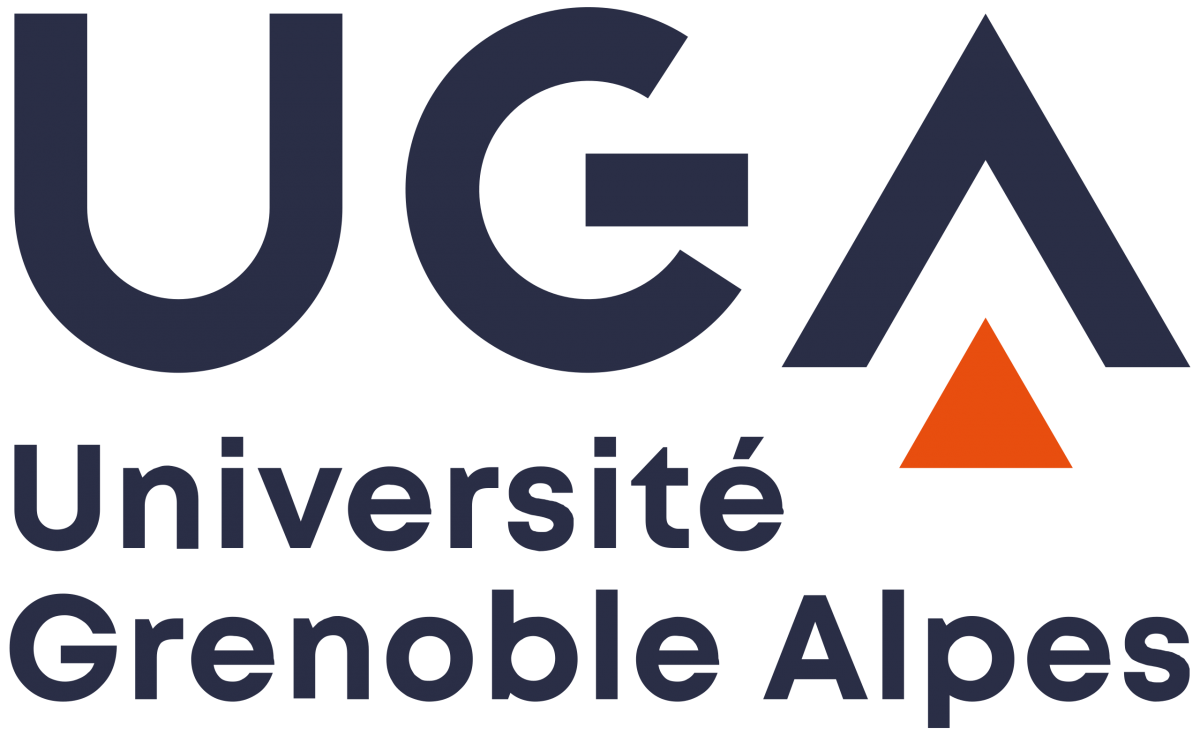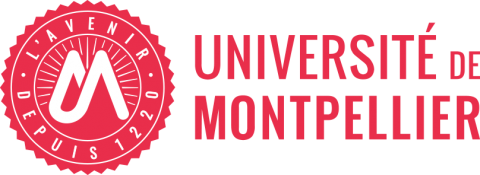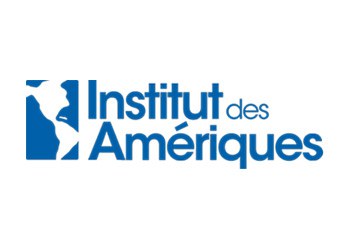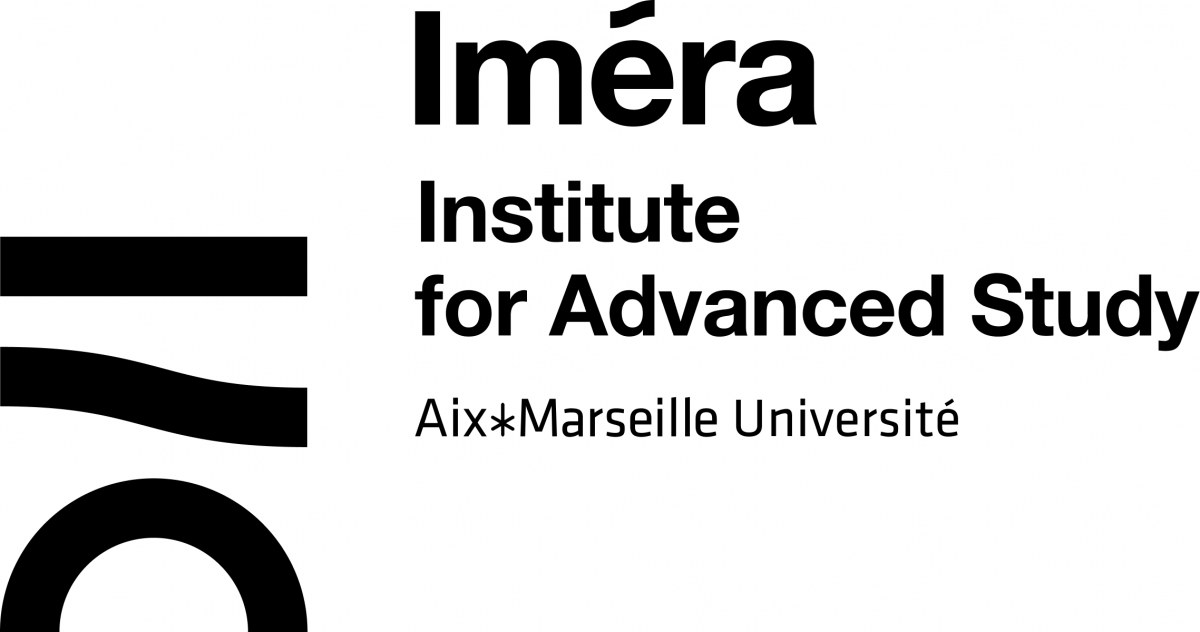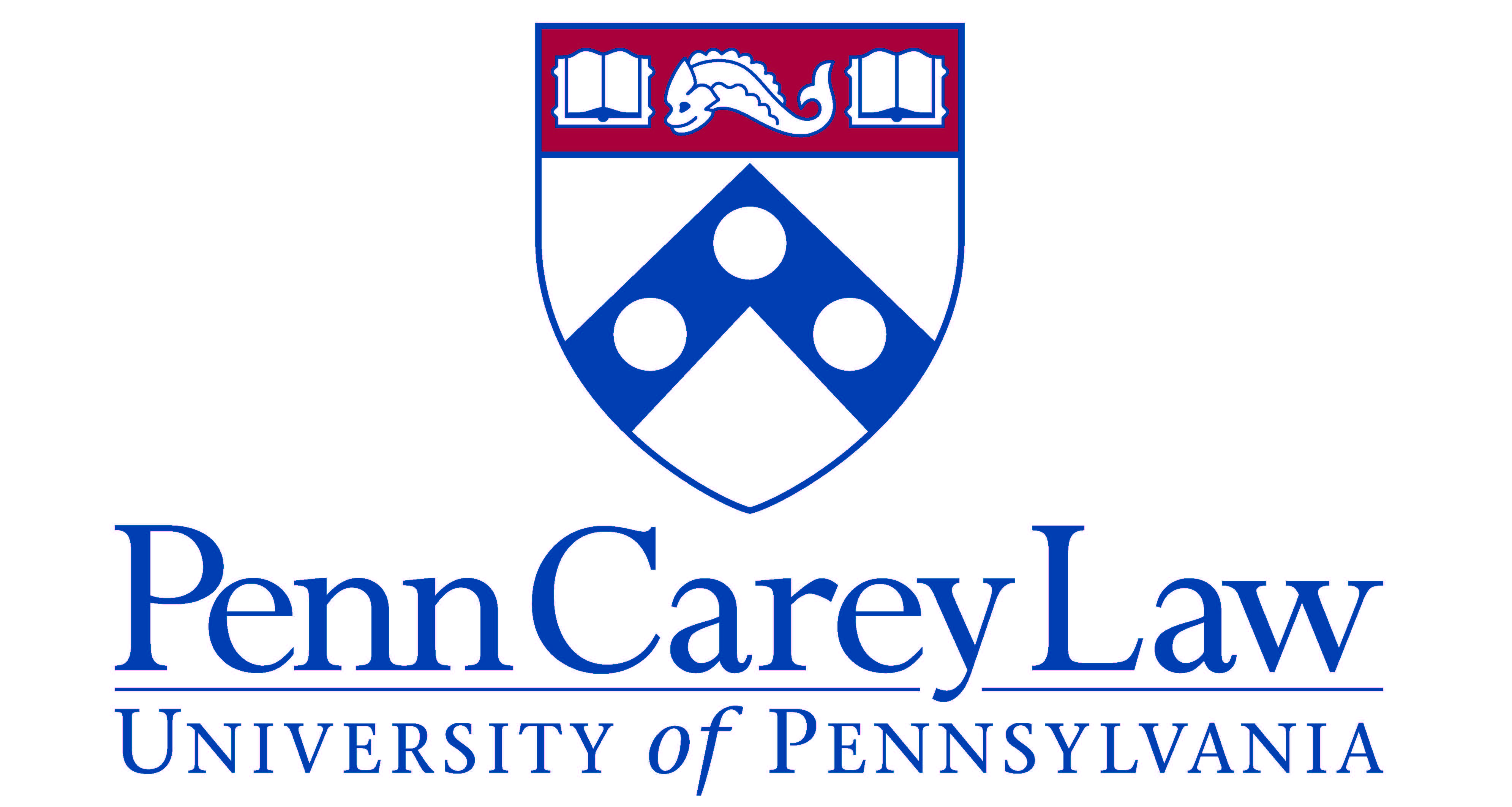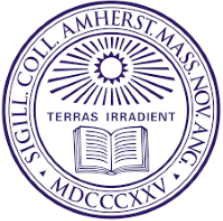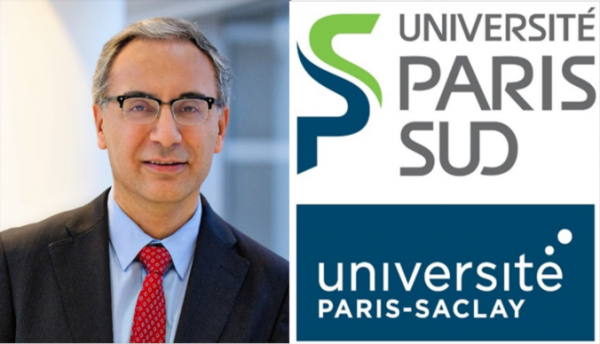
Professor Héctor Valdivia will give his inaugural lecture as 2017-2018 Fulbright-Tocqueville Chair on October 16, 2018, at Université Paris-Sud’s School of Pharmacy.
Héctor Valdivia is a professor of internal medicine and the director of the Cardiovascular Research Center, University of Wisconsin. His research focus is on intracellular calcium homeostasis and calcium channels, and the mechanisms that generate calcium-dependent arrhythmias. He uses multi-disciplinary approaches at the molecular, cellular and intact animal level for an integral study of physiological and pathophysiological calcium signaling in the heart.
He is welcomed at Université Paris-Sud by Ana María Goméz, Director of the Laboratory of Signalling and Cardiovascular Pathophysiology (Laboratoire de Signalisation et Physiopathologie Cardiovasculaire).
The event will start with a presentation of the Tocqueville-Fulbright Chair by Arnaud Roujou de Boubée, executive director of the Franco-American commission. Professor Étienne Augé, Vice-President of Research and Innovation at Université Paris-Sud and professor Marc Pallardy, dean of the School of Pharmacy, will introduce the lecture.
It is entitled “That which does not kill us makes us stronger: the hidden salutary effect of scorpion toxins”. It will be held in English.
Professor Valdivia will talk about how scorpion toxins have traditionally been invaluable tools in the isolation and characterization of ion channels of the heart, skeletal muscle, and nervous system. We discovered a novel family of scorpion peptides, termed calcins, that open ryanodine receptors of sarcoplasmic reticulum with high affinity, inducing a partial unloading of calcium from cardiac cells. When administered to animals harboring a ryanodine receptor mutation that triggers catecholaminergic polymorphic ventricular tachycardia, calcins dissipate the arrhythmogenic events of cardiac cells and prevent ventricular fibrillation in whole hearts. Calcins are therefore potential lead molecules in the development of effective therapies against calcium-dependent arrhythmias.
WHERE: Faculté de Pharmacie de l'Université Paris-Sud (room EH25/27) in Châtenay-Malabry
WHEN : October 16, 2018. 11 a.m.



